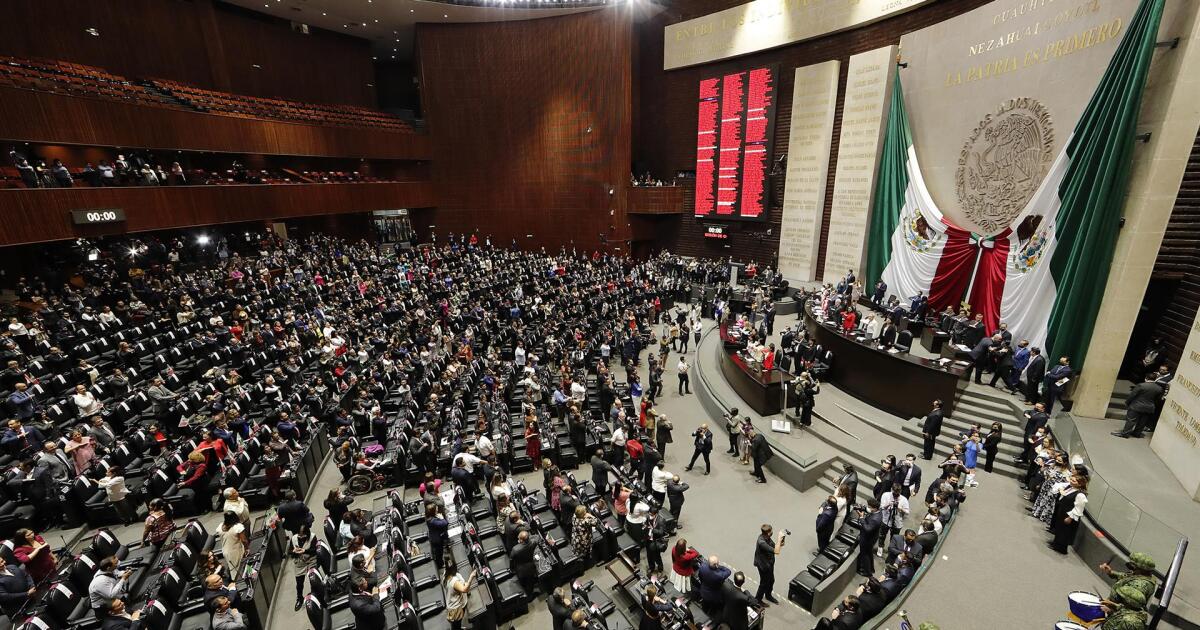The collection of taxes such as ISR, which is charged to workers and companies for their income, has been the largest generator of public income during the current administration, this year at the end of July it has generated income greater than that budgeted by 144,000 million pesos (mdp) and registered a real annual increase of 15.3%, spinning eight consecutive months of growth.
The hallmark of the current administration has been to collect tax debts from large companies; strengthen actions to prevent tax fraud due to actions such as the creation of ghost companies, but also greater vigilance by the treasury regarding taxpayer obligations.
More incentives and fewer fines
“We believe that the more incentives and facilities are given, these collection rates will increase, that it is not a persecution, that it is not an imposition of fines as exaggerated as those we see with the bill of lading, of 90,000 pesos is unsustainable for any business to pay a fine of that amount”, explained Laura Grajeda Trejo, president of the Mexican Institute of Public Accountants (IMCP).
Faced with the design, delivery, discussion and approval of the 2023 package, the accountants have met with legislators, they report that there is a long list of issues that must be reviewed and proposed to improve collection, especially focused on administrative simplification; “We are betting that this situation will occur,” reaffirmed the president of the IMCP.
tax changes
Grajeda explained that the new Simplified Trust Regime (Resico) needs more dissemination, and facilities so that taxpayers can make comparisons and decide if it is convenient for them to switch to this new scheme.
In terms of auditing, the controversy continues as to whether public accountants should inform the authority if they detect any type of tax fraud, because if they do not do so, they can be sanctioned or accused of being co-participants in tax crimes.
“We don’t even have the tools to do it, to cross-check information like the SAT, that determination must be eliminated or reformed, we hope that the authority is sensitive to the proposals,” said Grajeda.
Need to update deductions
As the current administration has passed, the limit for individuals to make personal deductions has been reduced, mainly because more concepts have been added to the general limit of 15% of gross income or five annual UMAS (175,000 pesos), and because of the high inflation.
“The deductions are very limited, it is enough to pay an expense or medical insurance to reach that limit, with the increase in prices in the last two years, there should be an update, for example, it is 20 years since the limit of 175,000 is not updated pesos for the purchase of a car, currently there is no car that costs that”, Virginia Ríos Hernández, member of the Technical Commission of Fiscal Investigation of the College of Public Accountants of Mexico (CCPM).















